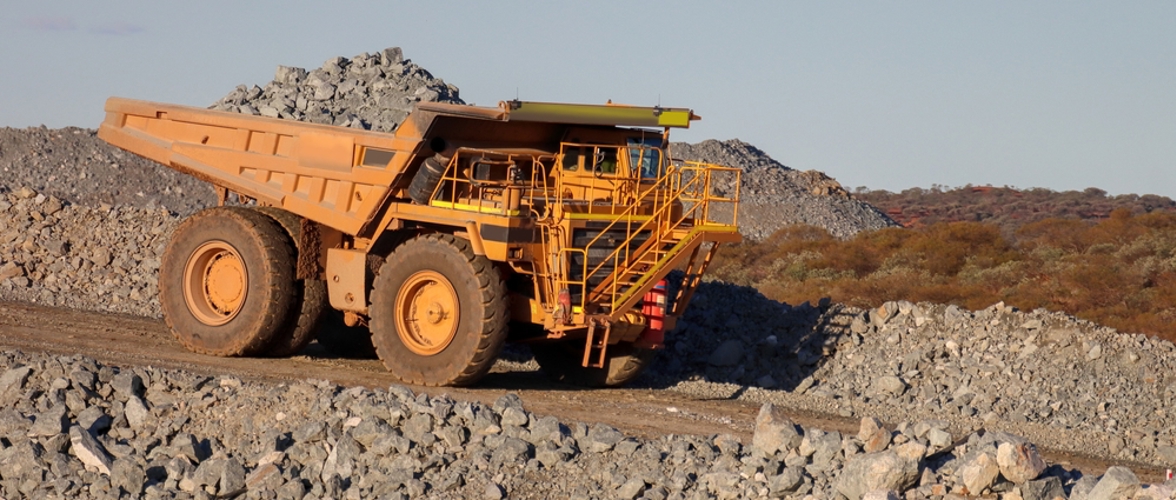Key Takeaways
- The largest cash and infrastructure takeover in Australian history occurred with the controversial acquisition of Sydney Airport.
- Deliveroo exited the Australian market in shock administration.
- Construction company Probuild entered administration, with other industry players struggling in the post-pandemic economy.
2022 has been a tumultuous time for many industries, with a number of companies coming and going. Australia saw a major boom in mergers and acquisitions (M&A) in 2021, with these trends continuing into 2022. The acquisition of Sydney Airport is a prime example, and marked the largest infrastructure and cash takeover in Australia to date, stirring up controversy in the process. Moving into 2023, we anticipate this M&A boom will continue, particularly with the upcoming finalisation of the Pendal-Perpetual acquisition, and the ANZ-Suncorp deal.
Although we are moving further away from the height of the pandemic, the impact is still being felt across the Australian economy. Industries such as construction, and online food ordering and delivery platforms, are fielding shock administrations few saw coming.
Let’s break down three major acquisitions and administrations that occurred in Australia over the course of 2022: Sydney Airport, Deliveroo, and Probuild.
Sydney Airport

In a move that made history, the Aviation Alliance Company acquired Sydney Airport in March 2022, making it the largest cash and infrastructure takeover to have ever taken place in Australia. The Aviation Alliance Company, a consortium comprising of AustralianSuper, IFM Global Infrastructure, IFM Australian Infrastructure Fund, Australian Retirement Trust, and Global Infrastructure Partners, in March for $8.75 per Sydney Airport Share.
This large acquisition is more than just another in Australia’s current M&A boom. It also illustrates the significance of superannuation funds involved in public enterprise M&A, as well as the growing regularity of consortium bids. This is further evident with the anticipated Pendal Group and Perpetual Limited’s merger, set to be completed in 2023, and the acquisition of Suncorp’s banking arm by ANZ, which is undergoing regulatory approval before being finalised.
The takeover of Sydney Airport, administered by way of a scheme of arrangement, was worth $8.75 a security. However, many retail investors, who make up 93% of the entity’s registered security holders, believed that the security price offered by the consortium does not accurately reflect Sydney Airports' long-term development potential. The Australian Foundation Investment Company, one of Sydney Airport’s top 20 shareholders and one of the largest investors in the airport, was also an unenthusiastic seller of its shares in the entity.
Sydney Airport’s share price has grown consistently over the years, from approximately $3 in 2013 to approximately $9 in 2019, prior to the COVID-19 pandemic. Yet directors of the Board unanimously recommended a vote in favour of the takeover bid, after stating they had considered the short-term challenges due to the COVID-19 pandemic, and the long-term value, historical growth, and importance of the entity.
Sydney Airport had 128,567 registered security holders, with the majority being retail investors. 17,445 of those registered voters submitted a vote, with approximately 21% of security holders voting against the scheme of arrangement. This indicates a noteworthy protest against the transaction, however the acquisition was allowed to proceed, with only 75% of voter support required.
The 51% stake held by the Sydney Aviation Alliance Australian Investment Trust and UniSuper satisfies particular requirements within Australia’s Airports Act by guaranteeing that the holding company’s shares are majority owned by Australian investors, and not foreign entities. Regardless, investors asked questions relating to why the board was selling to an entity that appears to have foreign control and influence, as opposed to supporting current shareholders in retaining their shares.
Deliveroo

Back in 2015, Deliveroo was the first delivery food service to arrive in Australia. UberEats, Menulog, and Doordash entered the Australian market and promptly overtook the company. On Wednesday the 16th of September, 2022, Deliveroo entered voluntary administration and immediately ceased operations, sparking unprecedented shock for employees, restaurants, and consumers. The Company also exited the German market in 2019, Spain in 2021, and the Netherlands in 2022, due to stiff competition.
Deliveroo’s administration leaves approximately 15,000 riders and 1,000 restaurants requiring either new employment or a new service for food delivery. The company blamed “challenging economic conditions” for its sudden move into administration, including being unable to attain an adequate market share to grow sustainably due to the highly competitive market within Australia. Deliveroo also pointed to the uncertain global context that food delivery services are currently operating within.
The United Kingdom, which is home to Deliveroo’s parent company Roofoods Limited, is likely to enter a recession, which has impacted consumer behaviour. While the impacts of the COVID-19 pandemic have lessened, the cost-of-living crisis, particularly in the United Kingdom, has seen consumers spending less on food delivery services. The Company cites its latest Q3 results, as the group predicts Gross Transaction Volume growth to be significantly lower than what was initially projected for 2022, highlighting that Deliveroo needs to operate in markets where it is able to achieve a sustainable leadership position.

Experts stated that Deliveroo’s exit from the Australian market could be just the beginning of food delivery services disappearing due to the current challenging economic conditions. In addition, food and delivery prices are set to rise in order to make the industry more sustainable. Union leaders are using the company’s exit from Australia as a means to draw attention to potential reform for gig economy workers. The newly elected Labor Government has previously promised to introduce legislation in 2023 that will let the Fair Work Commission, the Federal industrial relation umpire, organise conditions and rates for gig economy workers.
The potential introduction of this legislation was another likely factor that saw the Company enter voluntary administration, as the Trade Workers Union stated that Deliveroo was an outsider company within the food service industry, as it opposed reforms that are supported by its rivals.
Probuild

The COVID-19 pandemic and its effects have weakened the Australian construction industry, with supply-chain issues causing project delays, reduced profit margins due to intensified competition, and reduced demand for some markets.
The Australian Government’s COVID-19 management created further risk for some construction companies. Probuild was placed into voluntary administration in 2022, and the construction sector’s peak body warns that many other companies in the industry will follow. The company was placed into liquidation by its South-African parent company Wilson Bayly Holmes-Ovcon (WBHO) in February, despite promising to financially support the group until June 2022.
WBHO stated that Australian Government restrictions, as well as the decision to block the sale of the business to China State Construction Engineering Corporation for a consideration of approximately $300 million in January 2021 (made by Josh Frydenberg and the Foreign Investment Review Board), were reasons behind the sudden administration.
After WBHO was denied the sale of Probuild due to national security concerns, the Company planned to downsize Probuild through other sale options, however potential acquirers had concerns regarding the effect of the government’s approach to COVID-19, further highlighting the impacts the pandemic has had on the construction industry within Australia.
Additionally, administrators are currently investigating a transaction of approximately $48.7 million that was transferred to the group’s civil construction division, WBHO Infrastructure, from differing areas of the business in the interest of surviving losses from the western roads upgrade in Melbourne, one of the company’s key projects. A $29.2 million loan from Probuild Constructions (Aust) sparked industry fears about the money being used to support the infrastructure segment of the business, rather than used to pay subcontractors. In turn, the construction union has re-ignited requests regarding reforms for the protection of payments for subcontractors.
Administrators announced an agreement which will see the sale of the majority of the Company’s Victorian assets to Roberts Co, and the handing back of the Westside Place Ritz Carlton project to developers Far East Consortium.
Final Word
These cases highlight that 2022 has been a significant year for M&A activity across a variety of industries. The implications of the COVID-19 pandemic have seen a range of effects on industry competition, with companies such as Deliveroo and Probuild exiting the Australian market due to stronger rivals, government restrictions, and potential industry reforms. The acquisition of Sydney Airport is one of many large players in the M&A boom, as the trend continues on from the previous year and into 2023.









